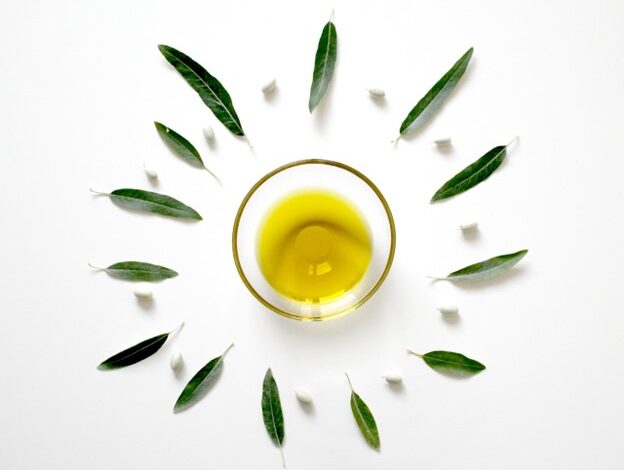Skin Cleaning Oil – FAQs and Other Things to Know

The realm of skincare is one that is perennially abuzz with contention and quandaries. One debate that stirs ripples of curiosity and doubt revolves around the efficacy of oil-based cleansers. The lingering question in the hearts of countless aesthetics aficionados is: “Do oil-based cleansers pave the path to breakouts?” This widely held yet misguided belief is one that requires urgent debunking. The truth of the matter is that not all oils are created equal – with considerable diversity, some oils offer an array of benefits for various skin types.
The Myth: Oil Cleansers and Breakouts
To address the elephant in the room, oil-based cleansers are not inherently the villain behind those unwelcome breakouts. In reality, a multitude of oils possess the potential to restore balance to the skin’s natural oil production, all while providing hydration without blocked pores. Take, for instance, jojoba and hemp seed oils. They simulate the skin’s natural sebum, steadily emerging as ideal options for oily or acne-infused skin. These oils are non-comedogenic, ensuring that your pores remain unblocked and the threat of breakouts is markedly reduced.
Venturing into the World of Underrated Oils
In the battle of the oils, popular contenders like coconut and olive oil often overshadow their worthy counterparts like jojoba and hemp seed oils. Yet, these underrated champions are brimming with benefits. Jojoba oil’s richness in Vitamin E and B-complex vitamins aids in skin repair and damage control. Hemp seed oil, on the other hand, is replete with omega-3 and omega-6 fatty acids vital for promoting the overall health of your skin. Oils such as a clear skin cleansing oil sometimes offer more than just cleansing; their nourishing benefits contribute to overall skin vitality.
Oil Cleansing: An Eco-Friendly Endeavour
The advantages of oil cleansing extend beyond personal benefits and resonate with the environment. Traditional cleansers, often encased in single-use plastic packaging, contribute to environmental waste. Embracing oil cleansing can help reduce dependence on such products, as most oils are packaged in reusable glass bottles. This practice mirrors eco-conscious values and advocates for an environmentally sustainable approach to skincare.
Historical Validation of Oils in Skincare
The incorporation of oils in skincare is not a transient trend—it is an age-old practice deeply entrenched in the annals of several cultures. The ancient Egyptians utilised moringa oil to cleanse and protect their skin from the harsh desert climate. In Ayurvedic traditions, oils maintained an integral role for millennia in preserving skin health and balance. These time-honoured traditions highlight the undying efficacy of oils in skincare.
Expert Guidance for Oil Cleansing Incorporation
For those eager to weave oil cleansing into their skincare routine, take note of the following expert tips:
Selection of Oil: Reflect on your skin type when picking oils. Jojoba is the go-to for oily skin while almond or argan oil is apt for dry skin.
Application Technique: Administer the oil onto dry skin, gently massaging it in. This will dissolve makeup and impurities without compromising the skin’s natural barrier.
Oil Removal: Utilise a warm, damp cloth to carefully wipe away the oil. This guarantees a thorough cleanse, leaving your skin refreshed.
Frequency: Weave oil cleansing into your routine once daily, preferably at night, in order to eliminate the day’s accumulation and prime your skin for overnight repair.
All things considered, skin cleansing oils present a kaleidoscopic approach to skincare, challenging preconceived notions, delivering an array of health benefits, and endorsing environmental sustainability. Fusing the wisdom of historical practices with modern expertise, oil cleansing can be a valuable addition to any beauty enthusiast’s routine. Whether the aim is for clearer skin or a more eco-friendly lifestyle, cleansing oils serve as a resoundingly viable, efficacious solution.


